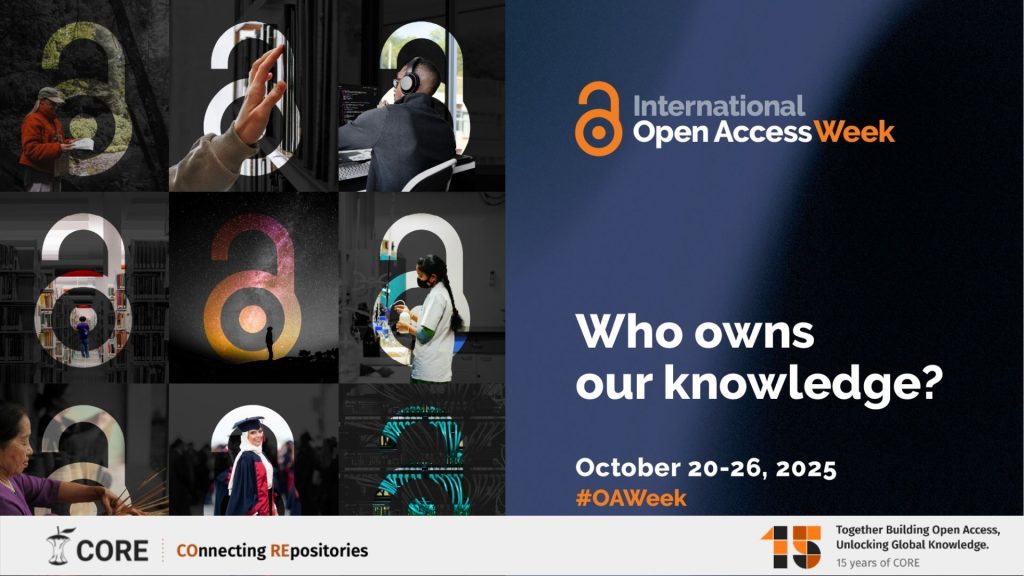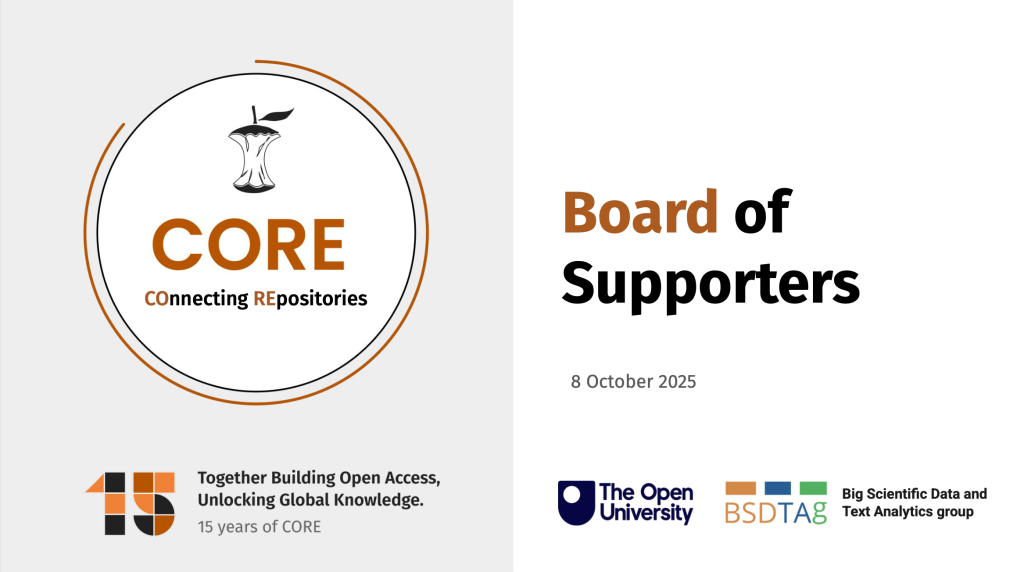The final SoFAIR webinar, held online on 11 December 2025, presented the goals, methodology, and outcomes of the SoFAIR project (Making Software FAIR: A machine-assisted workflow for the research software lifecycle). SoFAIR is a two-year CHIST-ERA funded project, led by The Open University, and involving six partners across four countries.

The SoFAIR project partners
The project’s overarching goal is addressing persistent challenges in research software discoverability, attribution, and long-term preservation. Research software is frequently mentioned only implicitly in scholarly articles, preventing it from becoming a first-class, FAIR (Findable, Accessible, Interoperable, Reusable) research object.




